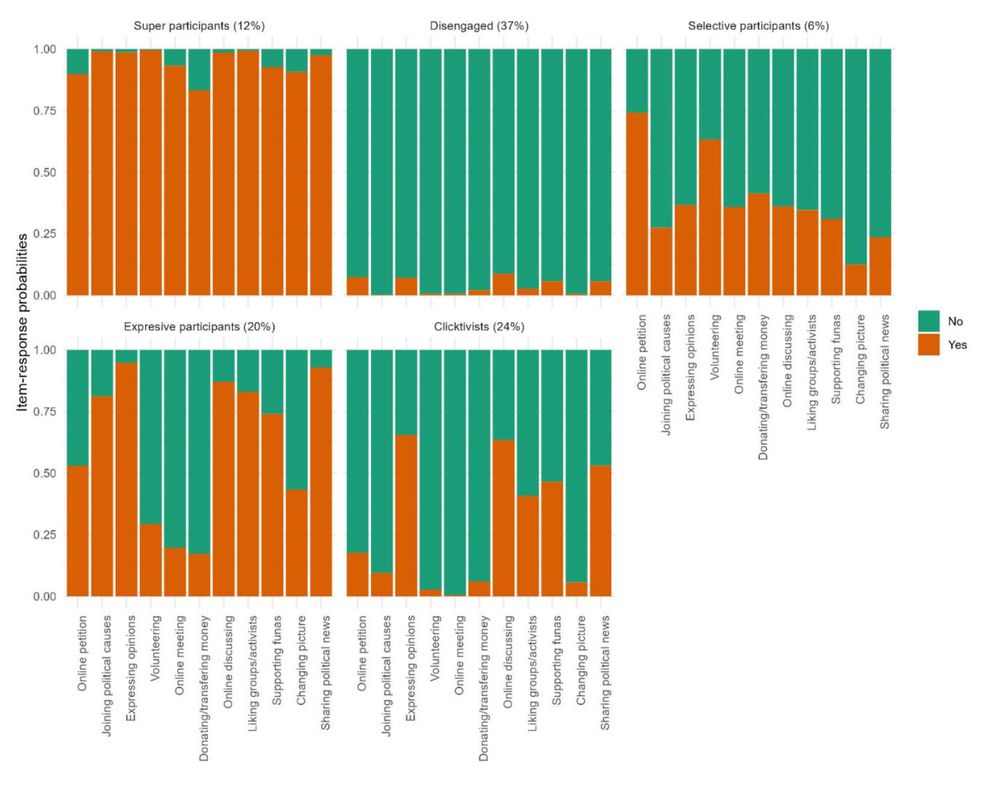
https://pedrofierroz87.github.io/
Thanks to Environment and Planning C for welcoming this piece.
📖 Happy to share the paper once it’s out!
#PoliticalGeography #Chile #Constitution (7/7)
Thanks to Environment and Planning C for welcoming this piece.
📖 Happy to share the paper once it’s out!
#PoliticalGeography #Chile #Constitution (7/7)
But emotions matter too. (6/7)
But emotions matter too. (6/7)
It’s not just who’s in power—it’s where power happens. (5/7)
It’s not just who’s in power—it’s where power happens. (5/7)
🧭 People in urban areas farther from political hubs were more likely to feel emotions like mistrust, confusion, and uncertainty—towards both processes (one led by the left, the other by the right).
So it’s not just ideology—it’s geography. (4/7)
🧭 People in urban areas farther from political hubs were more likely to feel emotions like mistrust, confusion, and uncertainty—towards both processes (one led by the left, the other by the right).
So it’s not just ideology—it’s geography. (4/7)
My data?
Two face-to-face surveys in Valparaíso region, with over 3,000 participants. (3/7)
My data?
Two face-to-face surveys in Valparaíso region, with over 3,000 participants. (3/7)
In this paper, I explore how living far from political centers affects how people feel about democracy and political processes. Not just what they think—but what they feel. 💔 (2/7)
In this paper, I explore how living far from political centers affects how people feel about democracy and political processes. Not just what they think—but what they feel. 💔 (2/7)



